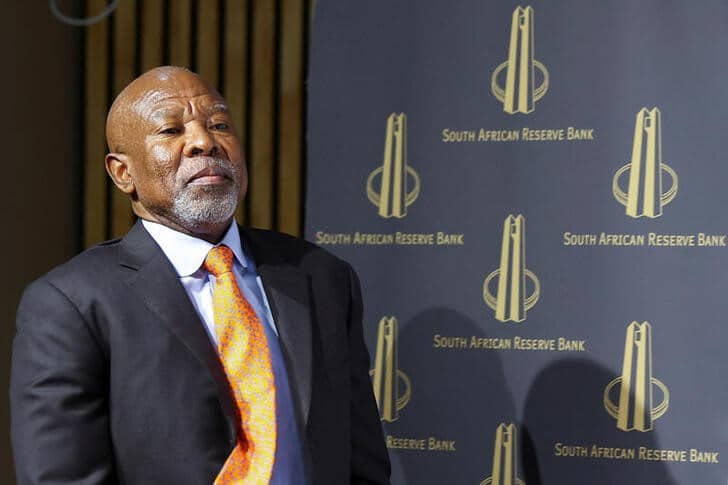The South African Reserve Bank (SARB) is contemplating adjustments to its longstanding inflation targeting framework, acknowledging that the current regime may be hindering economic growth and reducing the nation’s competitiveness. Governor Lesetja Kganyago highlighted the need for a contemporary approach to monetary policy to stimulate sustainable development.
Implemented in 2000, South Africa’s inflation targeting framework set an annual consumer price inflation range of 3% to 6%. This policy successfully reduced interest rates from over 20% in 2000 to the current 7.5%, contributing to macroeconomic stability. However, Governor Kganyago noted that, in light of global economic shifts, the existing framework might be outdated, potentially limiting faster and more sustainable growth.
Governor Kganyago emphasized the importance of re-evaluating the inflation target to enhance competitiveness and economic performance. He stated, “In this respect, the South African target is now rather dated, reducing our competitiveness and opportunity to generate faster and more sustainable growth.” This sentiment underscores the necessity of aligning monetary policy with current economic realities.
The authority to set the inflation target resides with the Minister of Finance, Enoch Godongwana, who has expressed reservations about lowering the target. Despite technical discussions between the central bank and the National Treasury, Minister Godongwana remains unconvinced of the merits of adjusting the target, citing concerns over potential socio-economic costs and political implications in a country facing high poverty and unemployment rates.
South Africa’s economic growth has stagnated around 1% over the past decade, exacerbated by challenges such as power shortages and governance issues. The current administration aims to elevate growth to approximately 3% in the medium term through reforms under the Operation Vulindlela program, which successfully alleviated power shortages last year.
The SARB’s consideration of revising the inflation targeting framework reflects a proactive approach to adapt monetary policy in response to evolving economic conditions. Open discussions and research are underway to determine an optimal inflation target that balances price stability with economic growth, ensuring that monetary policy effectively supports the nation’s development objectives.
